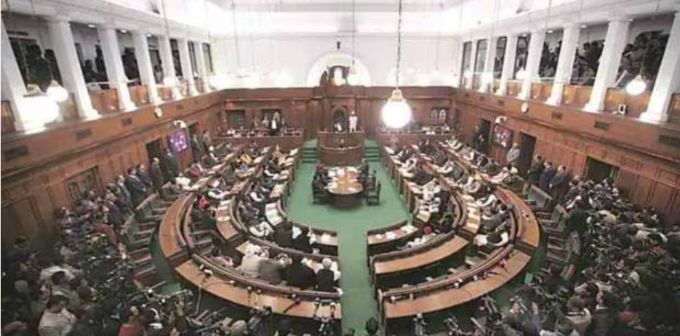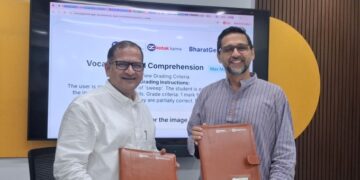The Uttarakhand government on August 19 introduced the Minority Educational Institutions Bill, 2025 in the Assembly’s monsoon session, paving the way for a major shift in the state’s education policy.
The bill, cleared by the state cabinet on August 18, seeks to repeal the Uttarakhand Madrasa Education Board Act, 2016, and the Non-Government Arabic and Persian Madrasa Recognition Rules, 2019, with effect from July 1, 2026. In its place, the government plans to establish a new regulatory framework that will cover all minority-run educational institutions.
The new law will extend recognition beyond Muslim institutions to those run by Sikh, Jain, Christian, Buddhist, and Parsi communities and in addition to Arabic and Persian, institutions may now also offer courses in Gurmukhi and Pali.
A new Uttarakhand State Minority Education Authority (USMEA) will be formed to oversee recognition, ensure transparency, and withdraw approval in cases of misuse or social disharmony. Only institutions registered under the Society, Trust, or Company Acts and holding ownership of land and assets will qualify. Transparency, accountability, and “promotion of social harmony” are listed as non-negotiable requirements.
“This is not about restricting madrasas,” Chief Minister Pushkar Singh Dhami said after the cabinet decision. “It is about extending the same recognition and benefits to all minority communities — Muslims, Sikhs, Christians, Jains, Buddhists, and Parsis alike.”
If passed, the bill will bring nearly all minority-run institutions under a uniform framework, a shift aimed at balancing community rights with accountability. Experts suggest it could set a precedent for similar reforms across other states.
The proposal has already triggered heated debate. Some Muslim scholars fear the move could dilute constitutional protections enjoyed by their institutions. “Articles 26 and 30 give minorities the right to establish and manage their own institutions. By dissolving the madrasa board, the government risks weakening these rights,” said a senior cleric in Dehradun.
Others, however, see it differently. “This is a forward-looking decision,” said Mufti Shamoon Qazmi, welcoming the bill. “Madrasas will continue to impart religious education. At the same time, opening this framework to other minorities ensures equality.”














